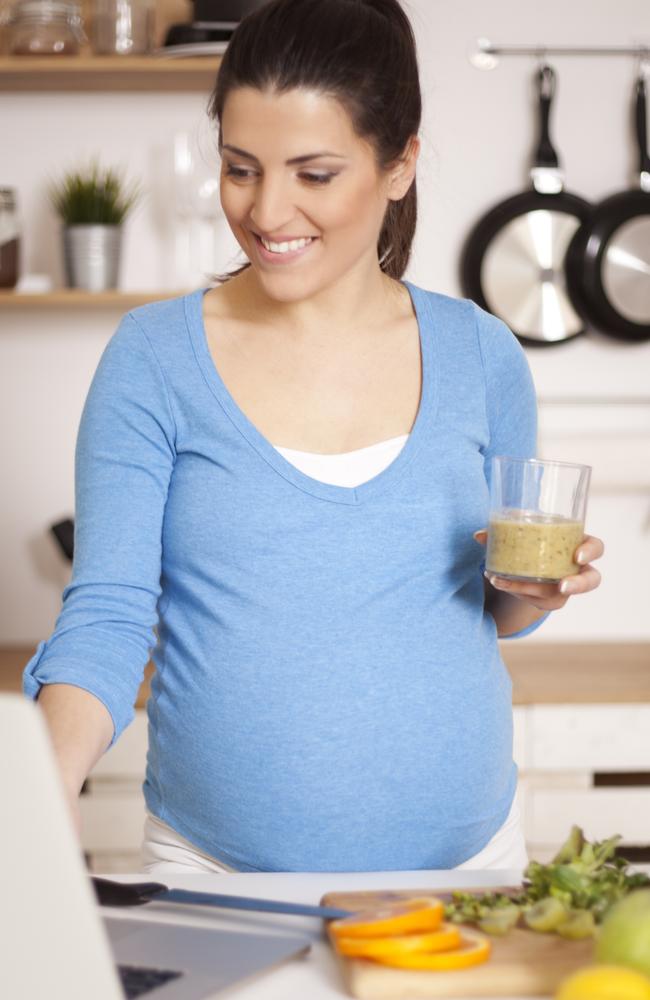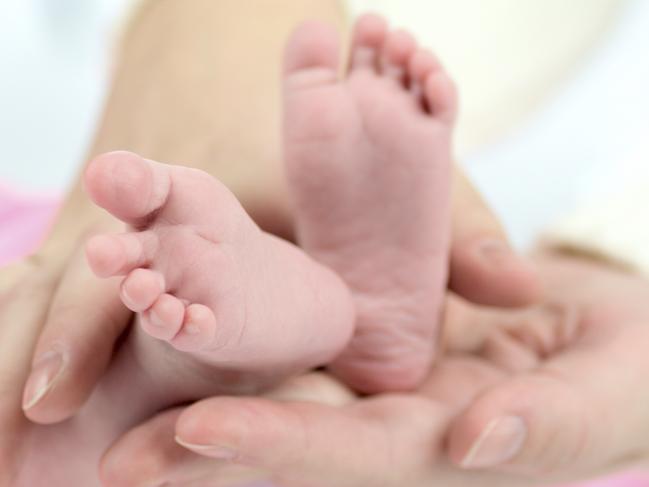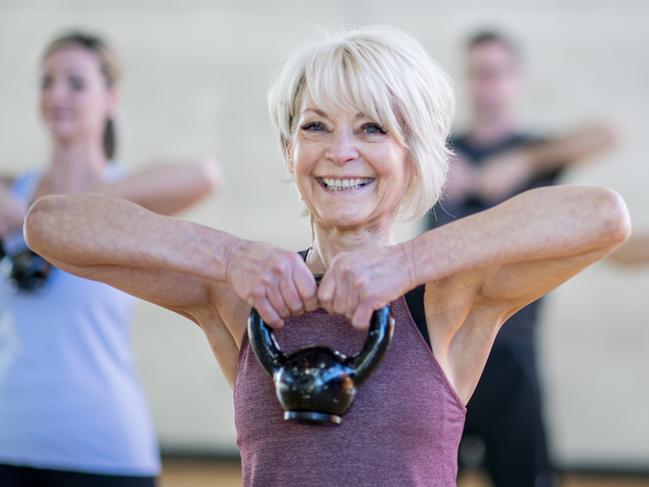Chinese researchers develop AI tool to help predict fertility status
An AI tool is set to be a game-changer for women’s health by allowing them to personalise fertility, including timing when to freeze eggs and revealing when they may enter menopause.

Victoria
Don't miss out on the headlines from Victoria. Followed categories will be added to My News.
Women will soon be able to check the best time to try for a baby and even when menopause is heading their way with a new “cutting edge” online AI tool researchers say can revolutionise fertility treatment globally.
The Chinese researchers behind the tool called OvaRePred are in Melbourne to present their “trailblazing” tool at the World Congress on Menopause. The four-day event has attracted more than 2000 leading researchers and clinicians from across the world.
The team say it can help women personalise their fertility, allowing them to make informed decisions about egg freezing, fertility treatment and menopause therapy.
The team is led by Dr Huiyu Xu, head of the Clinical Reproductive Endocrinology Lab at Peking University Third Hospital.

She said it would be an important tool, particularly for women wanting to delay having children and also those undergoing cancer treatment.
Dr Xu said it could help by revealing a woman’s distinct ovarian reserve patterns — or egg reserve — allowing them to plan the best timing for conception, taking into account their career goals and when they wanted to have children.
She said many hospitals and health centres in China were already giving women OvaRePred assessment results when they were having fertility hormone blood tests and the team hoped it could soon be offered globally.
“It is being adopted as a standard practice in China,” she said in a paper published in the journal The Innovation Medicine.
Dr Xu said the tool collects data and could also leverage hormone blood tests and age to accurately gauge a woman’s current ovarian reserve. It can also predict key fertility milestones including the onset of perimenopause.
Ovarian reserve is defined as the quantity of follicles in the ovaries that have the potential to mature into eggs.

Dr Xu said a high ovarian reserve typically resulted in a better chance of a successful pregnancy. However, as women age, their reserve diminishes, a process known as ovarian ageing.
She said women can experience this diminished reserve at any age, and this can cause genetic disorders, fertilisation failure and high pregnancy loss rates.
“This tool can act as a crucial marker for women’s reproductive health, providing insights into the timing and management of significant events such as menopause,” she said. “This will help to guide clinical decision-making, including optimising the timing of fertility treatments, hormone replacement therapy, and menopause management.
“Moreover, it has implications for fertility preservation and family planning, particularly for women undergoing cancer treatments.”

Dr Xu said it was important to consider ovarian reserve when evaluating the potential effect of ageing on fertility, rather than relying solely on a woman’s chronological age.
The AI tool has a built-in algorithm that has an ageing curve that works for most women, but the researchers say it can be customised for women having treatment for cancer and other conditions like Polycystic Ovary Syndrome.
She said it would also help with research as it was a “treasure trove” of invaluable data.
“Looking ahead, integrating OvaRePred’s data with other pertinent health metrics like hormone levels, menstrual cycle regularity, environmental factors such as air pollution, and lifestyle aspects including diet and exercise, could offer a more holistic approach to health management.”
Chair of the World Congress on Menopause Scientific Program Committee Professor Rodney Baber said delegates would hear leading researchers from Australia and around the world discuss every aspect of midlife women’s health.
Originally published as Chinese researchers develop AI tool to help predict fertility status




